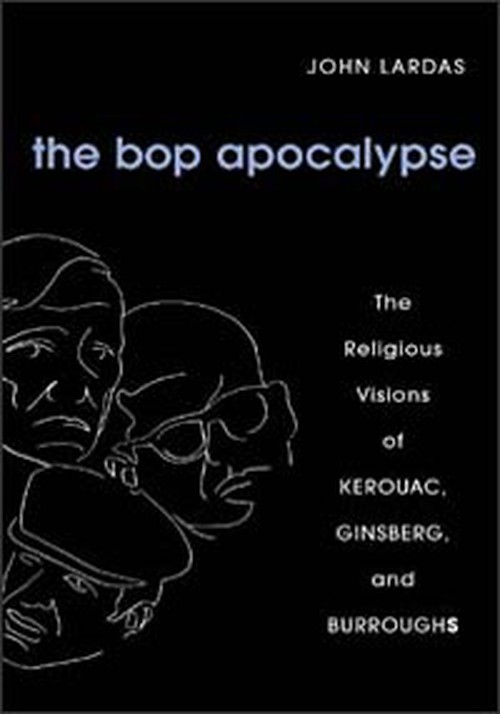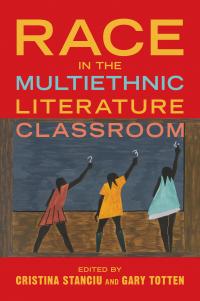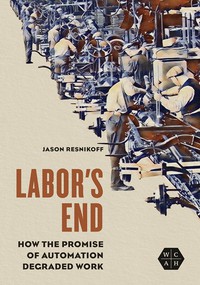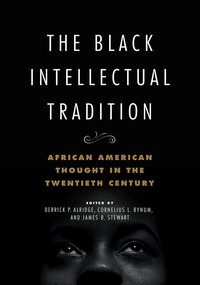
The Bop Apocalypse
About the Book
Blending biography, cultural history, and literary criticism, The Bop Apocalypse explores the religious concerns, metaphysical realities, and spiritual pursuits that undergirded the early friendship and literary collaborations of Jack Kerouac, Allen Ginsberg, and William S. Burroughs.Presenting a religious biography of the Beats from the mid-1940s to the late 1950s, John Lardas shows that in rejecting many of the cultural tenets of postwar America, Kerouac, Ginsberg, and Burroughs created new visions of both self and country, visions they articulated through distinctive literary forms. Lardas examines how the Beat writers distilled a theology of experience--a religious vision that animated their everyday existence as well as their art--from a flurry of disparate influences that included the saxophone wails of Charlie Parker and Lester Young, the psychology of Wilhelm Reich, the linguistic theories of Alfred Korzybski, the hipster dialects of New York City, and especially the prophecies of Oswald Spengler. Revisiting the major works the Beats produced in the 1950s in terms of critical content, Lardas considers how their lived religion was incorporated into the way they wrote.
The first sustained treatment of Beat religiosity, The Bop Apocalypse takes a sophisticated look beyond the cartoonish reductions of the Beat counterculture. The Bop Apocalypse takes the Beats at face value, interpreting their sexual openness, drug use, criminality, compulsion to travel, and madness as the logical, physical enactments of a religious representation of the world. Far from dallying irrelevantly on the fringes of society, Lardas asserts, the Beats engaged America on moral grounds through the discourse of public religion.
Reviews
"In a highly interesting study, Lardas sets out to chart the spiritual vision that fueled the work of Beat Generation writers Jack Kerouac, Allen Ginsburg, and William S. Burroughs. . . . Viewing the art of the Beats in its cultural context, Lardas offers a more coherent shape to their literary careers. Highly recommended." -- Choice"For those who concur with Truman Capote that Kerouac's writing is mere typing, for those who ascribe Norman Podhoretz's famous epithet of 'know-nothing' to the Beats, for those who think that Burroughs was just another queer junky or Ginsberg just another whiny Jewish mama's boy or Kerouac just another pretty face, think again. Lardas's new critical study provides more than enough solid scholarship to challenge these particularly mean-spirited, ill-informed putdowns of the Beats as intellectual lightweights. After reading this book, you may still find fault with the poetry and polemics, but you won't find their minds thin and thoughtless, their literary output culture lite." -- American Book Review
"Lardas has written a well researched and carefully argued scholarly work. He has established the authenticity of the Beats' pain over the failings of America and their zeal to bring about a better society through their lives and art. . . . The most valuable contribution of this study is that Lardas has demonstrated the large influence that Oswald Spengler had on the thinking of all three Beats." -- Christianity and Literature
"A model academic literary study: it avoids the jargon and free-association speculations of theory-addled, PC-blinkered critics and instead concentrates on the demonstrable sources of the Beat vision and their influence on their creative work. . . . May be the finest book written on the Beats to date and deserves the widest readership possible." -- Rain Taxi
















